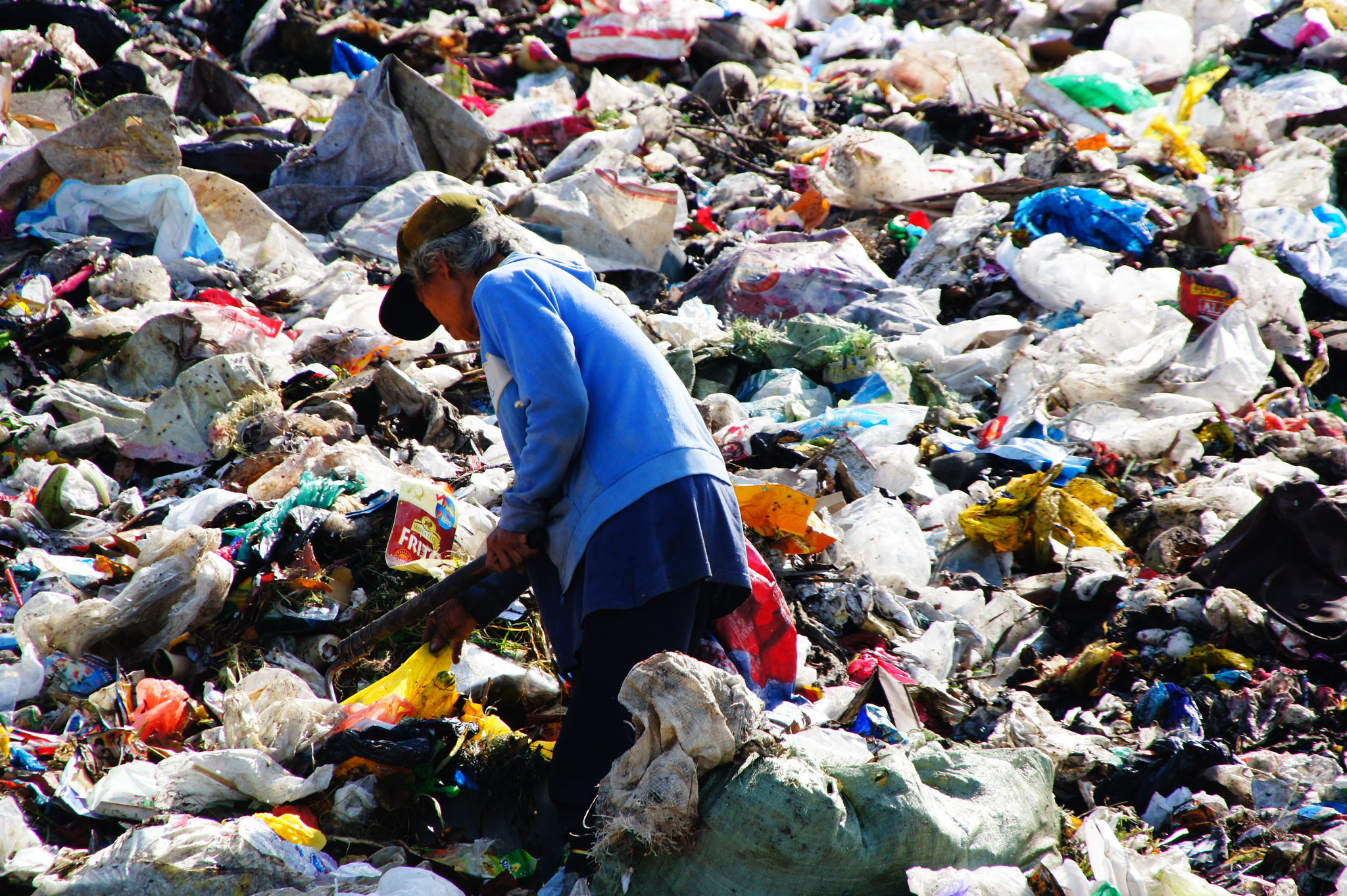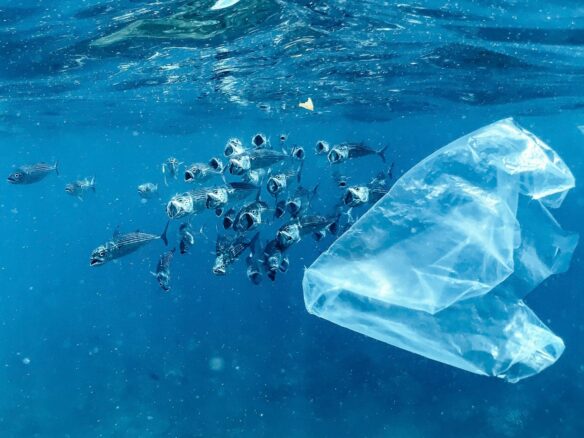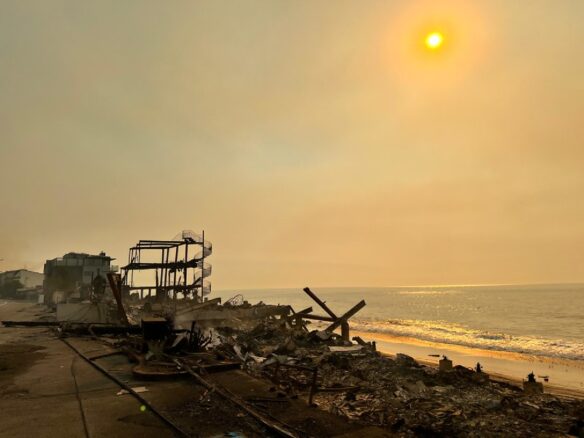Excerpt:
The people who clean up the world’s trash say some companies’ statements of support are little more than lip service.
Around the world, an estimated 20 million people make a living by collecting discarded plastic, aluminum, and other refuse from dumpsites and landfills and selling it to recyclers. They’re called “waste pickers,” and though their work is essential — they round up nearly 60 percent of all the postconsumer plastic waste that gets collected for recycling — it is often unacknowledged, unremunerated, and underappreciated.
Change may be on the horizon, however, due to a 2022 agreement from United Nations member states to draft a legally binding treaty by 2025 to “end plastic pollution.” Thanks to advocacy from a small group of waste pickers, the treaty mandate recognized “the significant contribution made by workers in informal and cooperative settings,” using a euphemism often understood to refer to waste pickers. It recommended that, over the next two years of scheduled negotiations, delegates consider “lessons learned and best practices” from these informal and cooperative settings.
Now, four negotiating sessions later, the global plastics treaty has given waste pickers an unprecedented boost in visibility. The most recent draft of the agreement refers to waste pickers explicitly — albeit in brackets indicating the need for further discussion — and virtually every stakeholder involved has something to say about their importance in waste management and in shaping the treaty.
“We’ve been unusually successful in these negotiations in highlighting the importance of waste pickers,” said Taylor Cass Talbott, advocacy coordinator for the International Alliance of Waste Pickers, or IAWP, a group that promotes the interests of nearly half a million waste pickers across 34 countries. “If this language sticks,” she added, “this is pretty historic, not just for waste pickers but for the representation of labor within a multilateral environmental agreement…”









